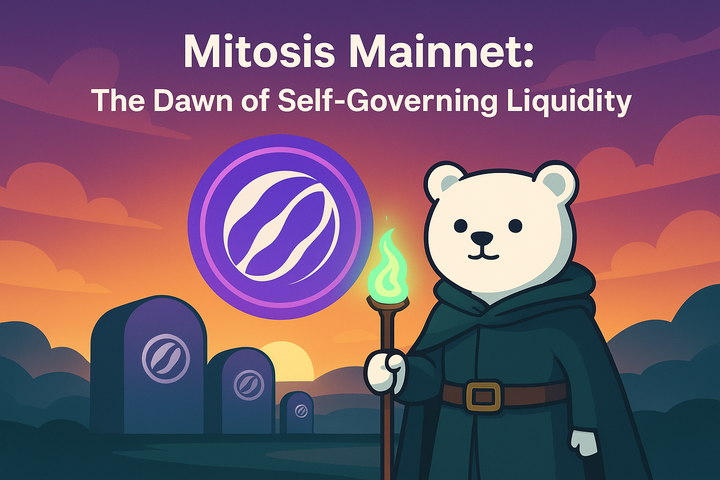Understanding MPC in Development: The Future of Secure Collaboration
What is MPC?
Multi-Party Computation (MPC) is a cryptographic technique that allows multiple parties to jointly compute a result without exposing their private inputs. Picture this: a group of people wants to calculate the average of their salaries, but no one wants to disclose their individual numbers. With MPC, they can compute the average accurately while keeping everyone’s data private. This balance of collaboration and privacy is the core of MPC, and it’s quickly becoming one of the most exciting innovations in development today.
Why MPC Matters in Development
In traditional systems, sensitive data often needs to be trusted to a single party or server. That creates a “single point of failure.” If the server is compromised, the data is exposed. MPC solves this by splitting sensitive information into pieces that are distributed across participants. No single party holds the full secret, yet together they can produce the correct result. For developers, this means building systems that are both secure and decentralized, without forcing users to give up privacy.
Real-World Applications of MPC
- MPC Wallets: In blockchain development, MPC wallets are one of the most practical use cases. Instead of storing a private key in one place, MPC divides it into multiple shares across devices or servers. A transaction can only be signed when these shares work together. This prevents hackers from stealing a single key and significantly reduces the risk of loss.
- Secure Voting and Governance: MPC can power voting systems where votes remain private but the outcome is verifiable. This is useful for DAOs (Decentralized Autonomous Organizations) and even traditional elections.
- Private Data Collaboration: Companies can use MPC to analyze data together without ever exposing their raw datasets. For example, banks can collaborate to detect fraud patterns without sharing sensitive customer information.
- Machine Learning on Encrypted Data: MPC enables training and running machine learning models on private data. This is especially important in healthcare or finance, where privacy laws prevent direct data sharing.
Tools and Frameworks Developers Can Explore
Developers don’t need to reinvent the wheel to start experimenting with MPC. Several libraries and platforms are making it more accessible: MP-SPDZ – an open-source framework for running MPC protocols. Partisia Blockchain – integrates MPC directly into its blockchain infrastructure. Fireblocks & ZenGo – enterprise and consumer wallets that use MPC for secure crypto custody. These tools allow developers to test MPC use cases ranging from key management to secure data analytics.
The Future of MPC
MPC is still a growing field, but it’s already proving its value in real-world applications. As Web3 expands, and as privacy becomes a global concern, MPC is positioned to be one of the foundational technologies behind secure collaboration. For developers, embracing MPC isn’t just about building stronger security—it’s about creating new possibilities. From decentralized finance to AI, MPC is opening doors to innovations that balance transparency, security, and privacy in ways traditional systems never could.
Final Thoughts
Multi-Party Computation isn’t just a cryptographic curiosity. It’s a practical and powerful tool for modern development. Whether you’re building blockchain apps, privacy-first platforms, or secure enterprise solutions, MPC gives you a way to protect sensitive data while still enabling collaboration. As adoption grows, expect MPC to become a standard part of the developer toolkit—just like APIs or cloud services are today. The future of secure, decentralized applications may very well be powered by MPC.
MITOSIS official links:
GLOSSARY
Mitosis University
WEBSITE
X (Formerly Twitter)
DISCORD
DOCS

Comments ()